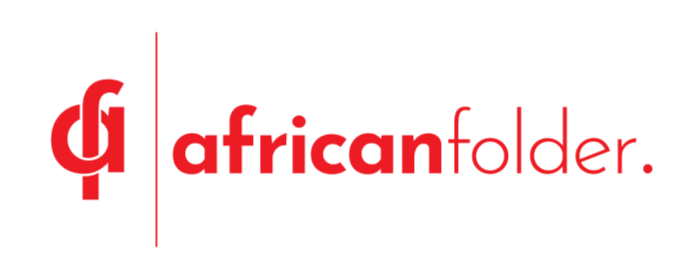Agritech firm Releaf from Nigeria has raised $3.3 million in a pre-Series A investment led by Samurai Incubate Africa. A number of other investors took part in what the company calls an “oversubscribed round.” Consonance Investment Managers, Bain Capital Chairman Stephen Pagliuca, and Inclusive Capital Partners Founder Jeff Ubben.
Releaf’s pre-Series A round follows a seed round completed in 2021, which was led by Samurai Incubate Africa and included Consonance Investment Managers and Stephen Pagliuca. At the time of its seed round, Ikenna Nzewi, the company’s CEO and co-founder, claimed that the palm nut desheller, Kraken, could process 500 tonnes of palm kernel weekly with 95% accuracy. The company creates technology for the oil palm industry.
Since then, the business has enhanced Kraken’s features and released Kraken II, a portable version. It costs half as much and performs the same functions as its predecessor. At the same time, because of its portability, it may be delivered to far-off sites, increasing profitability by up to three times.
If you want to make the food value chain work and deliver value to farmers, processors, FMCGs, and consumers, you need to figure out how to reduce the logistics cost along this value chain by processing close to where these farmers are. Our initial approach was to set up Kraken II in opportune locations where we could cut the logistics costs by 60% to 80%, but then we realised that this static approach was not going to give us the most flexibility and allow us to maximise profitability and deliver the most value to our farmers due to the seasonality, changing price environment, and the CAPEX cost to scale. So we decided to figure out how to make Kraken portable, so it stays in a specific place for a specific period of time.
Uzoma Ayogu, Relief CTO (2022)
As a result of the popularity of Kraken, Releaf has introduced a GIS mapping tool called SITE that was created in collaboration with Professor David Lobell, a professor at Stanford University, MacArthur “Genius” Fellow, and the director of the Center on Food Security and the Environment.
The amount of oil palm plantations in a region and their annual productivity are determined by SITE using geospatial mapping technologies. Additionally, it makes better business decisions, such as where to locate specific operations, by utilizing Releaf’s proprietary data on soil type, rainfall, farmer productivity, as well as data from third parties, including the International Institute of Tropical Agriculture (IITA), Foundation for Partnership Initiatives in the Niger Delta (PIND), and Rocky Mountain Institute (RMI).
Lead investor Samurai Incubate’s managing partner Rena Yoneyama hinted in a statement
“Releaf’s success with its pilot Kraken validates its thesis, and we are excited to continue supporting their ambitious vision to create efficient supply chains within Africa’s agricultural market. They have added key members to their management team and continue to impress us with their rapid commercial growth and technological development. We look forward to more of the same success as the team rolls out Kraken II and SITE.”
Kraken II and SITE are two solutions that ensure players in the oil palm industry not only have the raw materials to keep their factories afloat, but they’re also close to the sources of the raw materials they need.
“SITE and Kraken II are the next steps in our plan to fundamentally transform the efficiency of agricultural supply chains in Africa, and we are excited to have partnered with an exceptional cohort of investors and collaborators to roll out these technologies. To make food supply chains profitable, we must maximise extraction yields with leading processing technology and minimise logistics costs by bringing processing capacity closer to farmers. Before Releaf, stakeholders had to choose between one or the other – large factories had great technology but were far away, leaving most farmers with rudimentary technology to process their crops. We’re now able to maximise both,” Ayogu added.















